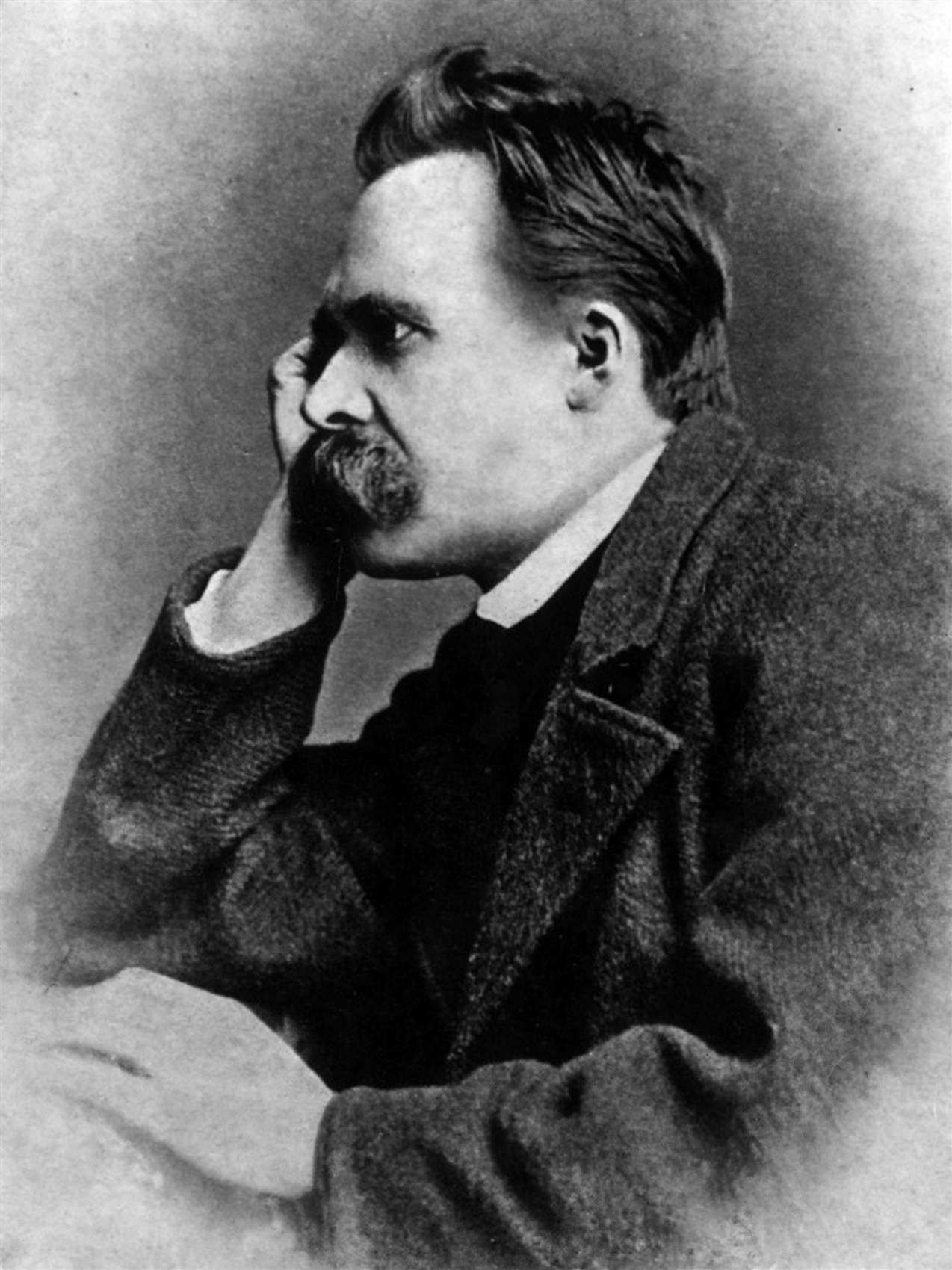For example, the Nazis took Nietzsche's concept of the will to power and the Übermensch, or superman, and used it as a way of justifying anti-semitism and their belief in Aryan superiority. In reality, Nietzsche in his own time had been exceptionally against pan-Germanism, nationalism, and anti-semitism, going so far as to break off a friendship with Richard Wagner over the latter's nationalist and anti-semitic views.
This is just one example of the ways in which a certain interpretation can lead to a radical conclusion, but it's also obviously not the only valid interpretation or meaning of what Nietzsche meant with his Übermensch. Indeed, much of what Nietzsche wrote can be seen in a better light, in a way that can be used in a positive manner.
Take, for example, Nietzsche's views on human nature. To him, there were two differing aspects of human nature: the Apollonian and the Dionysian. The Apollonian aspect is a person's rational side - a natural yearning for order, tranquility, peace, harmony, etc. By contrast, the Dionysian side of human nature is irrational - our passions, dynamism, chaos, unpredictability, etc. Nietzsche believed that the best life is one lived with a fusion of these two aspects; a life of controlled passion. In other words, one should live their life with passion: take chances, do what you normally wouldn't, constantly strive to achieve something more, don't settle, don't become stagnant.

Nietzsche's declared that "God is dead" and we had killed him - we, meaning the philosophers and scientists of his time. By relying on God for so long as the ultimate example of morality and meaning, we had killed him and now had nowhere to look for meaning or moral ideas. The same could be said for the scientists who had shown that the earth was not a special place, and humans were not unique. Nietzsche believed that there was no God who was there to protect us, and that without Him, religion, science, and metaphysics had abandoned their traditional roles as moral guidelines, leaving humans alone to fend for themselves. Nietzsche was criticizing the reliance on one source for all of life's convictions and meanings; unchallenged convictions were, according to him, what had caused unthinkable tragedy and bloodshed throughout history (religious or otherwise).
This belief led to Nietzsche's concept of the "will to power", what he believed to be the most basic human motive, trumping even Schopenauer's "will to live". The will to power is somewhat controversial, again with several different potential interpretations. But one way it can be understood is that it is a way of self-examination to delineate active from reactive forces within oneself; that is to say, instincts should not be repressed, even ones that may be negative (such as aggression), and that by doing so, humans should attempt to become something more than they were. In this manner, "power" can be understood not necessarily as an aggressive trait, but rather a means through which one can grow and expand one's own abilities/tendencies to gain mastery of oneself and achieve individual growth.
This ties into Nietzsche's concept of the Übermensch (translated as superman or overman), or the state of being whereupon one has strove so far and long so as to achieve their full potential. Nietzsche felt that ordinary, mundane experiences in a human's life had been partly a result of an over-reliance on religion and science, and in order to discover new moral foundations, one had to embrace one's will to power and overcome their former self to become a superman. Nietzsche emphasized a critical awareness of one's surroundings and beliefs - never be content, constantly seek to become more passionate, more wise, more erudite.
This belief in individualism and the ideas of the will to power and the Übermensch can be seen in Nietzsche's saying "what does not kill me, makes me stronger." Each breath a person who survived a horrific tragedy takes - a soldier in the trenches of World War I, or a Holocaust survivor, for example - is more cherished and beautiful than any taken before then. A man who loses a leg from gangrene while attempting to climb a tall mountain should embrace this and become a stronger, more capable climber and strive to achieve even more goals, not wallow in gloom and doom. The meaning of one's own life comes from within oneself - we must seek it out ourselves, and not rely upon others to do it for us. A life in pursuit of becoming more than what you once were is a life of creativity, passion, perseverance.
In a way, this type of self-growth can quite easily be related to Carl Maslow's humanistic theory of self-actualization, at which point a person experiences harmony and elation with the aspects of one's life, called "peak experiences". For Nietzsche, every person should strive to achieve their full potential and then live their life in accordance with that moralistic underpinning; we should constantly strive to become a better artist, a better writer, a better father, a better sports-player, a better guitar-player, a better fireman, policeman, etc.
Though these are only small parts of Nietzsche's monumental amount of philosophical work, it is at least evident that there are certain aspects of his views that can be interepreted and applied in a manner designed to benefit the individual. Despite claims of social darwinism or racial superiority, Nietzsche is like what many other philosophers are, whose meanings can be derived by the interpretation you wish to take from them, and much good can be taken from Friedrich Nietzsche.
No comments:
Post a Comment